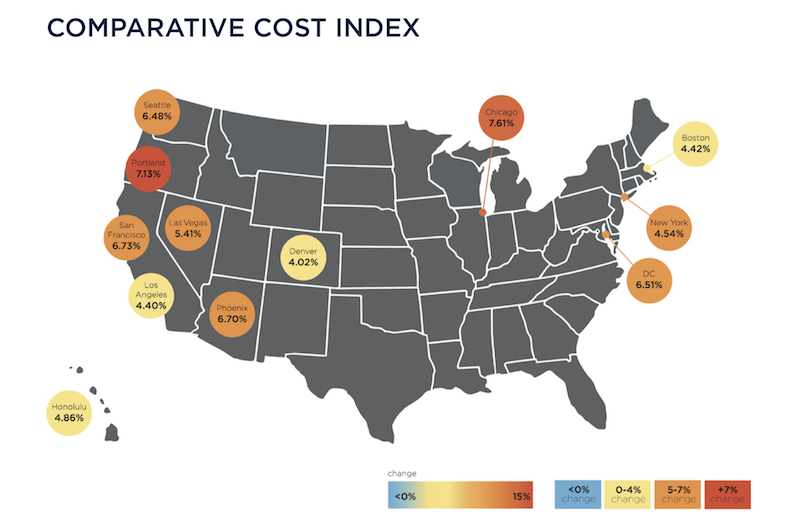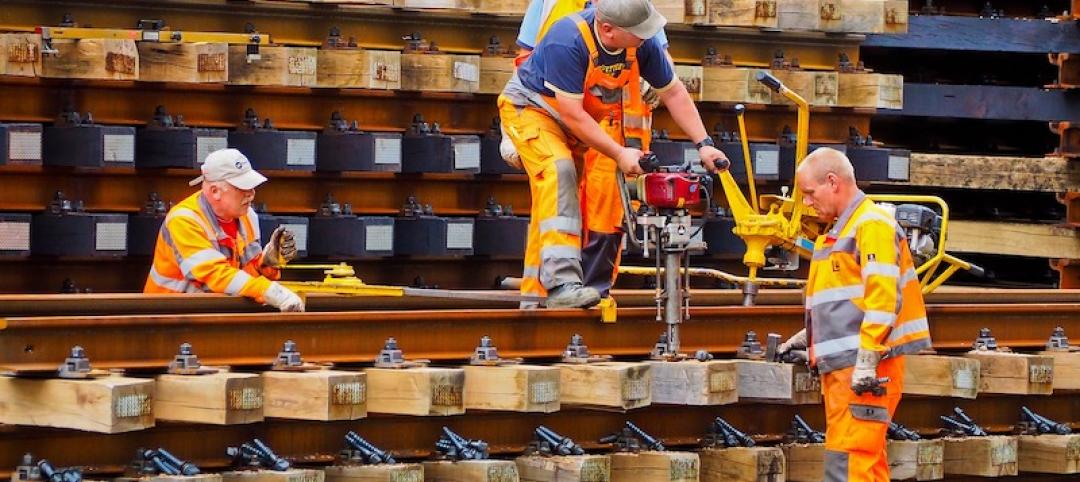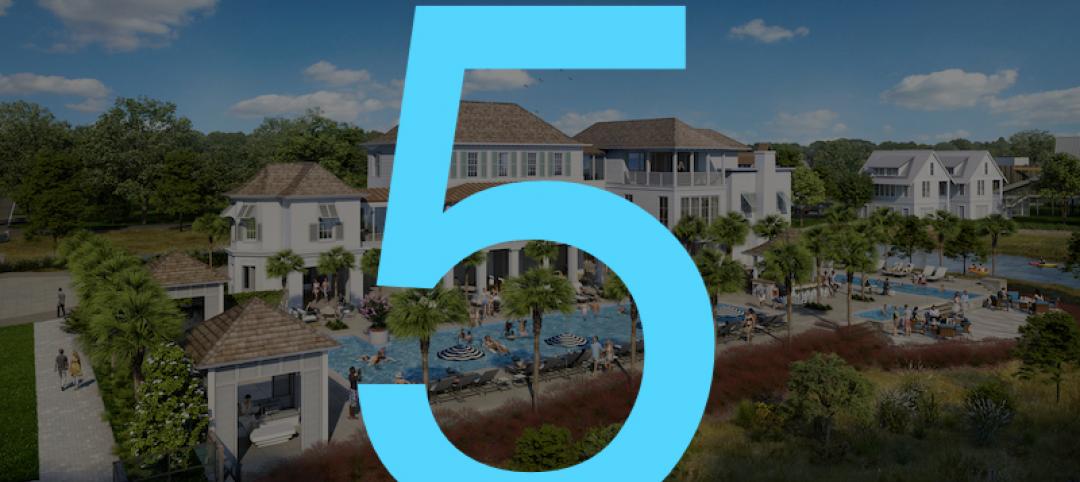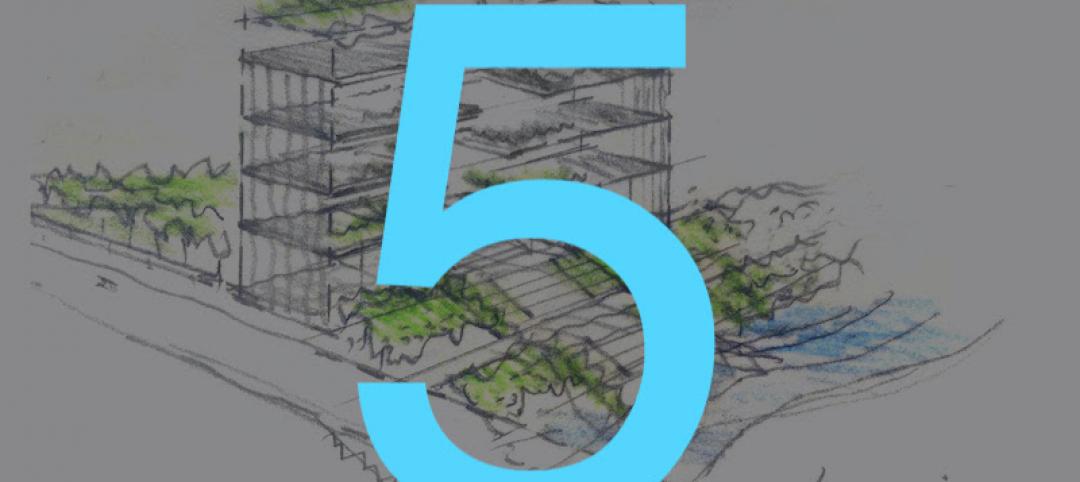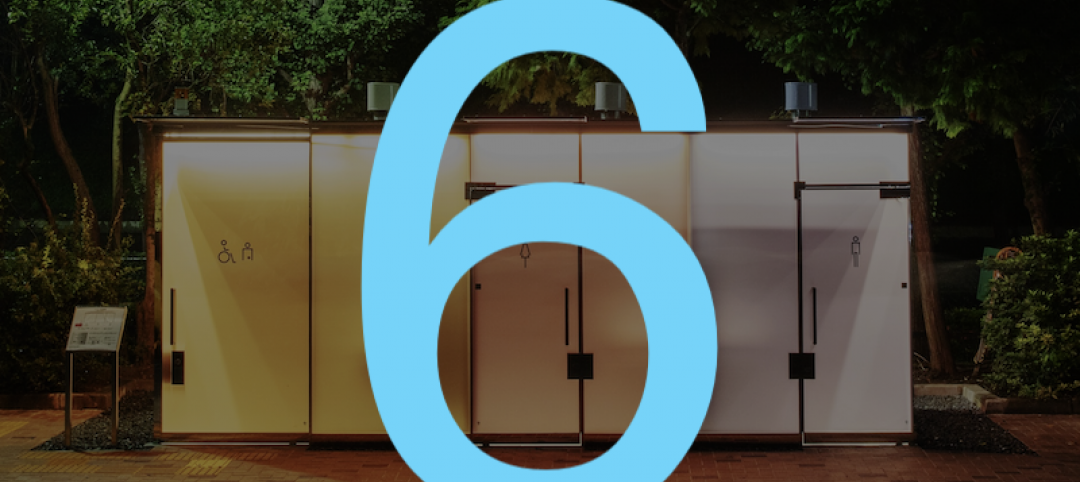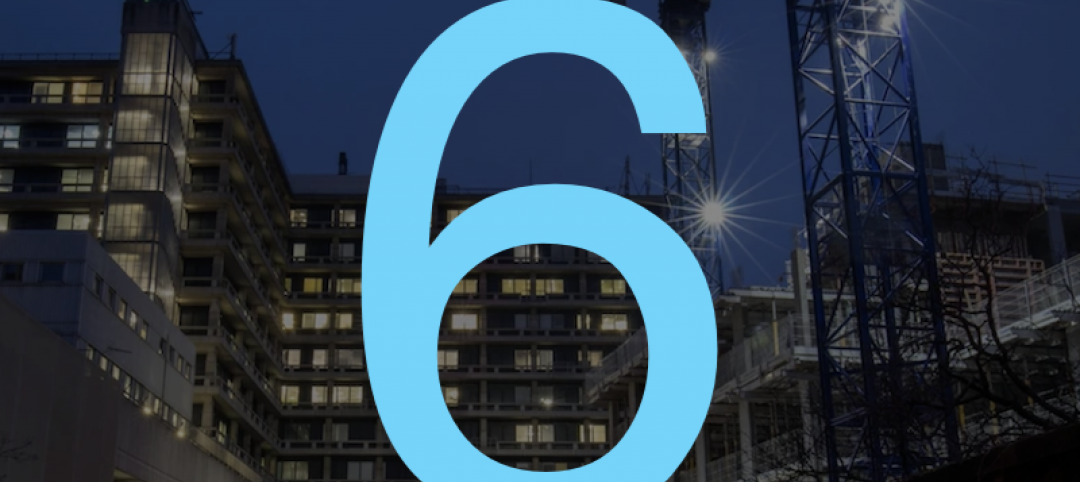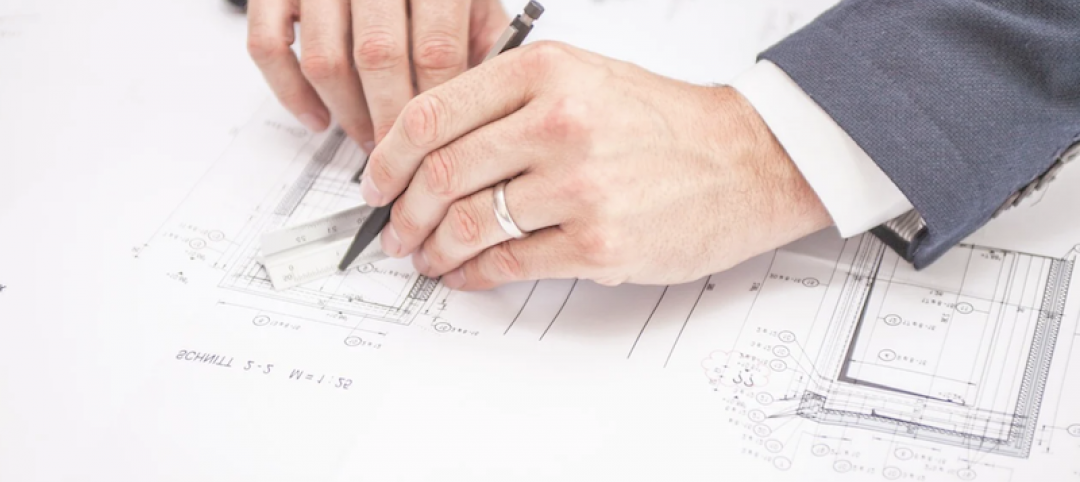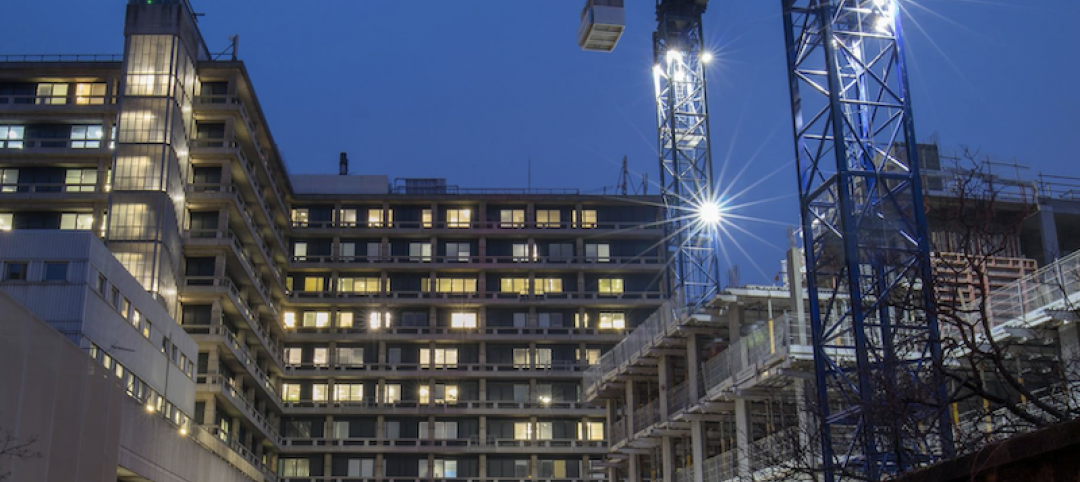Construction costs nationally rose in 2018 by an average of 5.73%, with Chicago and Portland, Ore., showing the greatest increases among major cities.
Costs rose at a time when many markets are at or near their construction-activity cycle, and as industry unemployment remained higher than the country’s at large.
Those are two findings in the latest Quarterly Construction Cost Report for North America, released by the property and construction consultant Rider Levett Bucknall (RLB), and based on an analysis of 15 building typologies in 14 metros. (The sectors analyzed include single- and multifamily housing, as well as parking structures.)
The full quarterly report can be accessed here.
The U.S. Department of Commerce estimates that, as of January 2019, the seasonally adjusted annual rate for Construction Put-in-Place was just under $1.28 trillion, 0.3% above the same monthly estimate a year earlier.
However, the National Construction Cost Index has been on a fairly steady upward trajectory since the first quarter of 2014. As of the first quarter of 2019, that Index stood at 198.33 (relative to the April 2001 base of 100, recalibrated as of April 2011).
Some examples of RLB’s findings include its estimate that the cost of building prime office space is highest in Boston and New York, lowest in Phoenix and Denver. Los Angeles has the highest construction costs for hospitals, and Las Vegas the lowest for elementary schools.
Eight of the 14 markets analyzed were at their construction-activity peaks by the end of last year. Chicago’s construction costs, in general, increased the most (7.61%, to $22.8 billion) among the metros analyzed, even though it was the only city that fell into the “mid decline” category for construction activity. Honolulu, the only city in “trough growth,” saw construction costs rise by 4.86% to $24.8 billion.
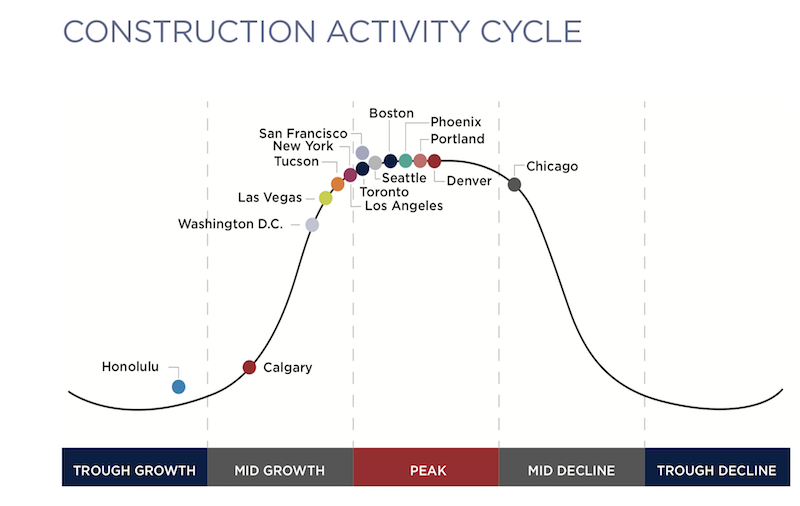 Eight of the 14 metros tracked are at the top of their constuction cycles. Image: RLB
Eight of the 14 metros tracked are at the top of their constuction cycles. Image: RLB
San Francisco had the highest construction put-in-place, $26.844 billion, up 6.73%.
Increasingly expensive construction activity occurred despite a decrease in architectural billings, and an industry unemployment rate that, at 5.1% in the fourth quarter of last year, was down from 7.4% in the first quarter of 2018.
The U.S. Gross Domestic Product closed out the fourth quarter at 2.6%, down from a mid-year peak of 4.2%. Inflation last year was up only 1.91%.
The report also analyzes construction costs in Canada, specifically Calgary, Alberta, and Toronto, Ontario. RLB notes that those two cities are driving much of the growth in Canada’s economy.
Related Stories
Market Data | Sep 3, 2020
6 must reads for the AEC industry today: September 3, 2020
New affordable housing comes to the Bronx and California releases guide for state water policy.
Market Data | Sep 2, 2020
Coronavirus has caused significant construction project delays and cancellations
Yet demand for skilled labor is high, new survey finds.
Market Data | Sep 2, 2020
5 must reads for the AEC industry today: September 2, 2020
Precast concrete tower honors United AIrlines Flight 93 victims and public and private nonresidential construction spending slumps.
Market Data | Sep 2, 2020
Public and private nonresidential construction spending slumps in July
Industry employment declines from July 2019 in two-thirds of metros.
Market Data | Aug 31, 2020
5 must reads for the AEC industry today: August 31, 2020
The world's first LEED Platinum integrated campus and reopening campus performance arts centers.
Market Data | Aug 21, 2020
5 must reads for the AEC industry today: August 21, 2020
Student housing in the COVID-19 era and wariness of elevators may stymie office reopening.
Market Data | Aug 20, 2020
6 must reads for the AEC industry today: August 20, 2020
Japan takes on the public restroom and a look at the evolution of retail.
Market Data | Aug 19, 2020
6 must reads for the AEC industry today: August 19, 2020
July architectural billings remained stalled and Florida becomes third state to adopt concrete repair code.
Market Data | Aug 18, 2020
July architectural billings remained stalled
Clients showed reluctance to sign contracts for new design projects during July.
Market Data | Aug 18, 2020
Nonresidential construction industry won’t start growing again until next year’s third quarter
But labor and materials costs are already coming down, according to latest JLL report.


